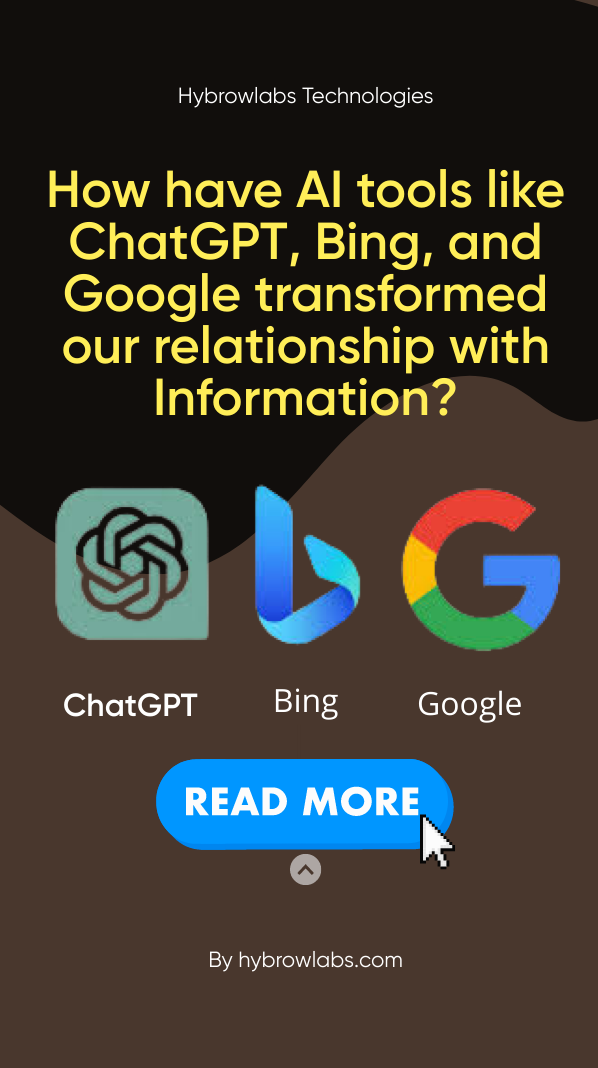
The relationship between humans and information has undergone a remarkable evolution in recent years, thanks to technological advancements and the rise of artificial intelligence. Today, we have an abundance of information at our fingertips, and accessing it has become easier than ever before. In this changing landscape, tools like ChatGPT, Bing, and Google play pivotal roles in helping us navigate the vast sea of information. Let's explore how these tools have revolutionized the way we interact with information and satisfy our information needs.
Information Needs and Information Foraging
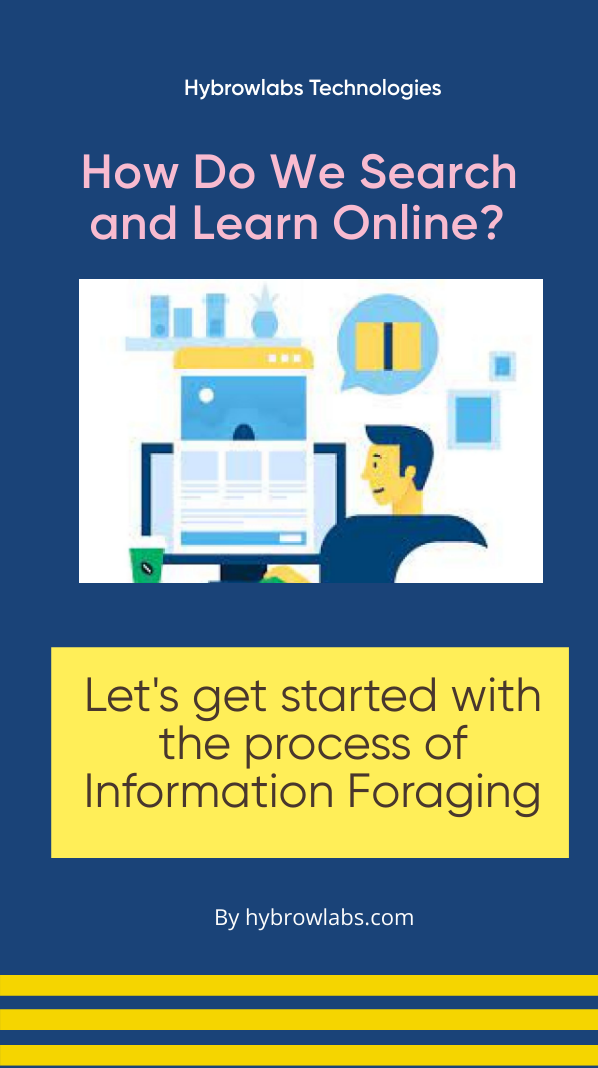
Information needs are universal and pervasive in our daily lives. Whether we are looking for answers to specific questions, seeking knowledge about a particular topic, or satisfying our curiosity, our actions are driven by the need for information.
Information foraging is a concept derived from library and information science, and it refers to the process of seeking and acquiring information. Just like animals forage for food, we engage in information foraging to find the information we need. Whether it's searching for information online or offline, information foraging plays a vital role in how we discover and retrieve relevant information.
Traditionally, our information foraging relied on limited options such as television, radio, and newspapers. These sources provided a predetermined set of information, often with limited interactivity. The advent of search engines like Bing and Google transformed the landscape by allowing us to explore vast amounts of information based on our specific queries.
The Rise of ChatGPT and Interactive Information Retrieval
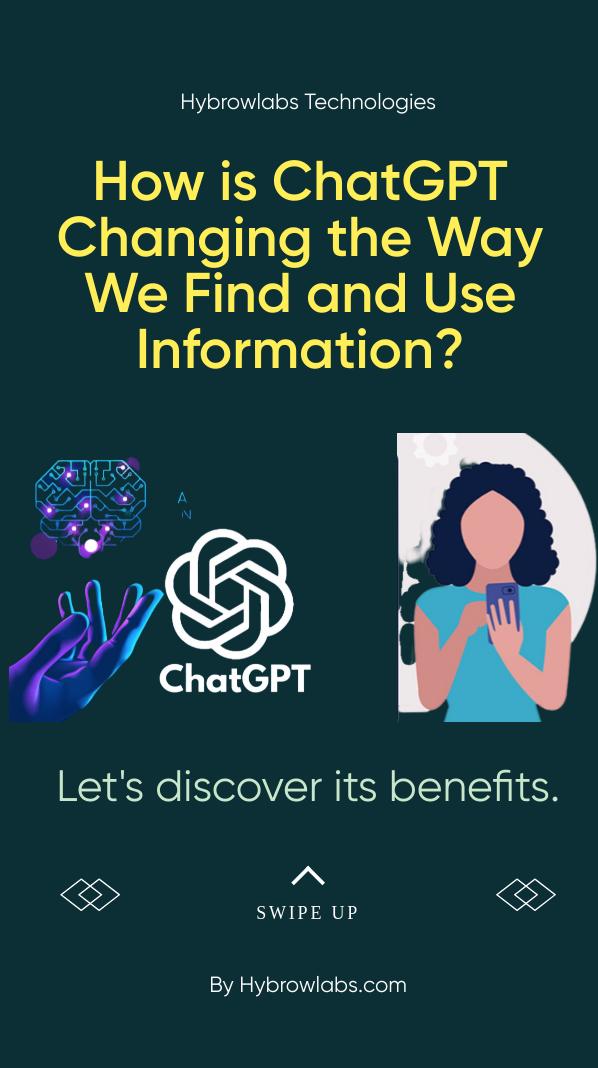
One of the most notable advancements in interactive information retrieval is the emergence of ChatGPT. Powered by cutting-edge language models, ChatGPT acts as a virtual assistant, capable of engaging in interactive conversations akin to talking to a knowledgeable librarian. This opens up new possibilities for users to access and retrieve information.
Let's discover the benefits of ChatGPT that will supercharge your Information Needs:
ChatGPT offers several benefits for information needs:-
- Rapid Access to Vast Knowledge: ChatGPT provides instant access to a wealth of information, saving you valuable time and effort. Whether you need quick facts, explanations, or in-depth research, ChatGPT can help you retrieve relevant information within seconds. For example, you can ask, "What are the symptoms of COVID-19?" or "What are the key principles of quantum physics?"
- Brainstorming Partner: Need fresh ideas or creative input? ChatGPT is an excellent brainstorming partner. Engage in a dynamic conversation, bounce ideas off the model, and receive thought-provoking responses. For instance, you could say, "I'm trying to come up with a catchy slogan for a new product. Can you help me brainstorm some ideas?"
- Collaborative Research Assistant: ChatGPT is an invaluable research assistant. Whether you're a student, academic, or professional, you can rely on ChatGPT to assist with your research queries. For instance, you might ask, "What are the recent advancements in renewable energy technology?" or "Can you summarize the key findings of the latest neuroscience study?"
The Influence of Bing on Information Searching
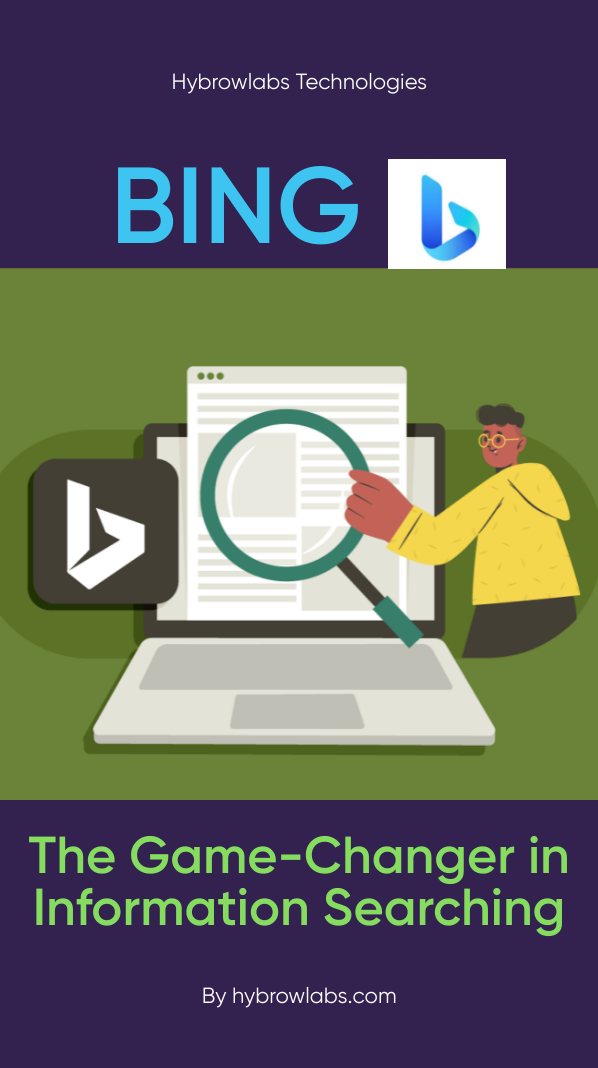
In the vast realm of the internet, where information flows like an unstoppable river, search engines have become our trusty guides, helping us navigate the vast digital landscape. One such search engine that has made its mark is Bing. With its sleek design and intuitive features, Bing has become a popular choice for information seekers worldwide.
So, what sets Bing apart? Let's explore its features and functionalities:
- Visual appearing interface: First and foremost, Bing boasts a visually appealing interface that captures our attention and makes searching a breeze. Its image and video search capabilities are top-notch, providing a delightful multimedia experience.
- Exciting Rewards: Bing also offers a rich rewards program, where users can earn points and redeem them for exciting rewards, adding a fun twist to the search experience.
- Better Search results: Over the years, Bing has evolved to provide even better search results. Its search algorithms have become smarter and more refined, ensuring that the information we seek is delivered with precision. The incorporation of artificial intelligence has allowed Bing to understand context and intent, presenting us with relevant and accurate results.
- Integration: Additionally, Bing's integration with social media platforms has opened up a world of personalized recommendations, making our search journey truly tailored to our interests.
Bing has made a significant impact on the world of information searching. With its user-friendly interface, captivating features, and continuous improvement in search accuracy, Bing has become a trusted companion for those seeking knowledge on the web. So, the next time you embark on an information quest, consider giving Bing a try and unlock a world of possibilities at your fingertips.
The Dominance of Google in the Information Landscape
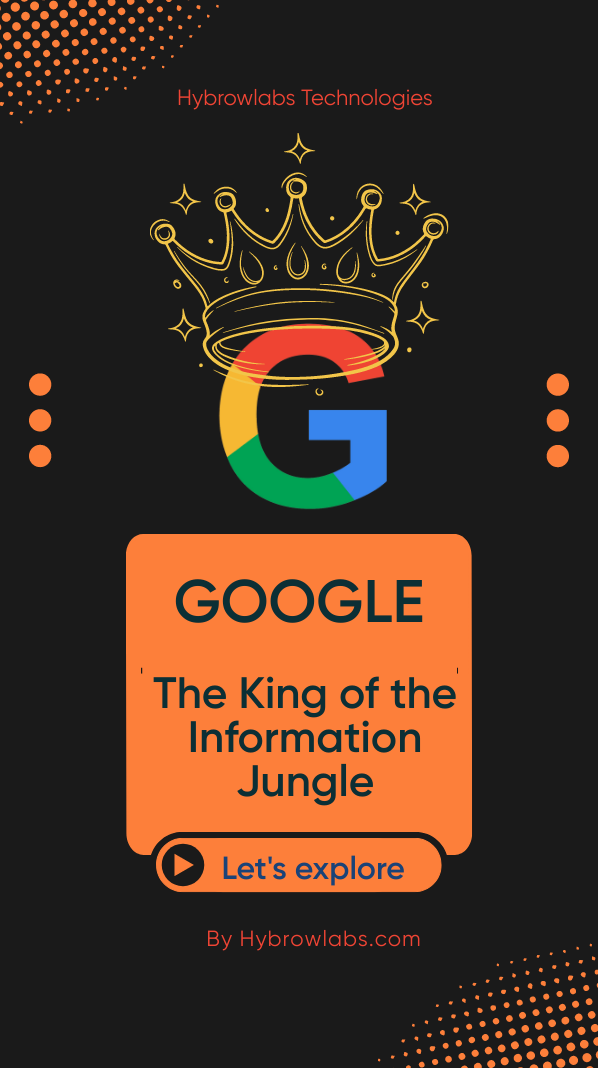
Google's search engine is the undisputed leader in the digital realm, holding a commanding position in the information landscape. With a significant market share and global recognition, Google has become synonymous with online search. Its powerful algorithms, extensive indexing, and user-friendly interface have solidified its dominance, making it the go-to platform for finding information. Google's constant innovation and continuous improvement ensure that it stays ahead of the competition, providing users with fast, relevant, and personalized search results. Whether it's seeking answers to questions, finding local businesses, or exploring new topics, Google's search engine remains unrivaled in its dominance, offering an unparalleled search experience for millions of users worldwide.
Let's dive into its key features that have propelled Google to the top:
Google search has continuously evolved and introduced key features and advancements that have revolutionized the way we search for information. Here are some notable ones:
- PageRank Algorithm: Google's groundbreaking PageRank algorithm transformed search by considering the relevance and importance of web pages based on the number and quality of links pointing to them. This innovation significantly improved search results' accuracy and relevance.
- Rich Snippets and Featured Snippets: Google introduced rich snippets and featured snippets that display additional information directly in search results. These snippets provide quick answers, summaries, ratings, and other relevant details, saving users time and effort.
- Voice Search and Assistant Integration: Google has integrated voice search capabilities into its search engine, allowing users to speak their queries instead of typing. Furthermore, with Google Assistant, users can engage in a natural dialogue, receiving responses and carrying out tasks seamlessly.
- Personalized Search: Google employs personalized search results, considering factors such as browsing history, location, and preferences. This customization tailors search results to individual users, delivering more relevant and personalized information.
- Knowledge Graph: Google's Knowledge Graph provides a wealth of information related to search queries by presenting structured data, key facts, and connections between different entities. It enhances search results with rich contextual information.
These key features and advancements have solidified Google's position as the leading search engine, offering powerful and innovative tools that continually enhance the search experience for users worldwide.
Dynamic Trio: ChatGPT, Bing, and Google Unite for Unparalleled Search Success
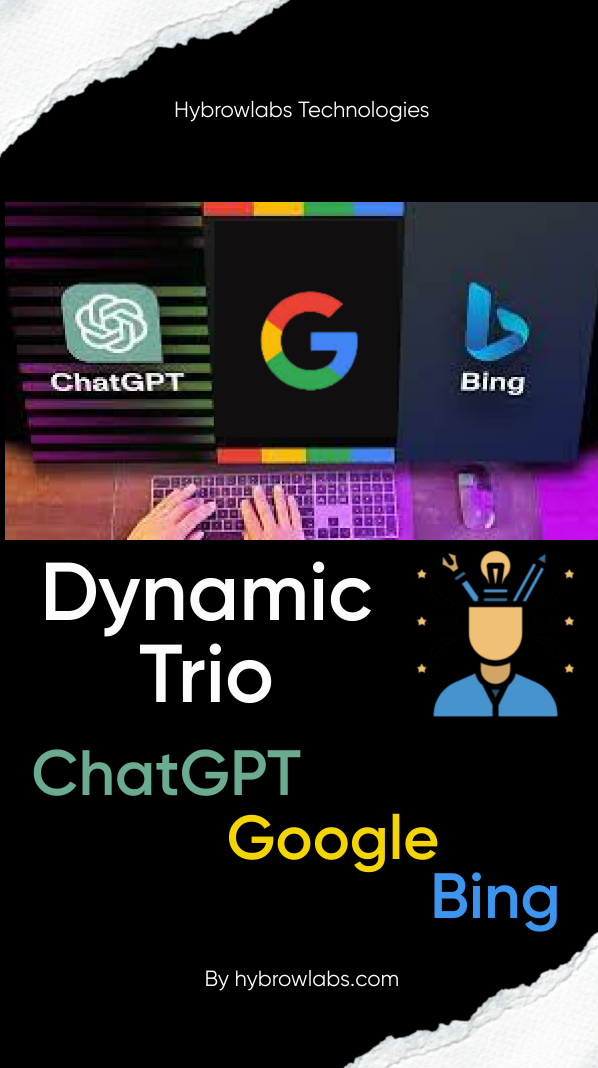
As we look towards the future, the collaboration between language models like ChatGPT, search engines like Bing and Google holds immense potential in enhancing information retrieval. Here's how these collaborations, coupled with user feedback and emerging technologies, can shape the future of information retrieval:
1. Leveraging Language Models:
By integrating language models like ChatGPT into search engines, users can have more interactive and conversational search experiences. Imagine having a dialogue with the search engine, clarifying queries, and receiving tailored results.
For instance, ChatGPT can assist in refining search queries by asking follow-up questions to understand user intent better.
2. Combined Search Engine Strengths:
Collaboration between search engines can harness the strengths of each platform.
For instance, Bing's expertise in image and video search combined with Google's extensive web indexing can offer users a comprehensive and seamless search experience.
3. User Feedback Loop:
Incorporating user feedback is crucial for continuous improvement. Search engines can actively seek user input, understand their preferences, and adapt search algorithms accordingly. User feedback helps refine search results and ensure that the information provided aligns with user expectations.
4. Integration of Emerging Technologies:
The future of information retrieval lies in emerging technologies like artificial intelligence, machine learning, and natural language processing. These technologies can enable search engines to better understand user intent, context, and preferences.
For example, voice recognition and sentiment analysis can enhance the accuracy and personalization of search results.
5. Personalized Recommendations:
Information retrieval systems can leverage user data, with proper consent and privacy safeguards, to offer personalized recommendations. This can include tailored news updates, relevant content suggestions, and proactive alerts based on user interests and browsing history.
By embracing collaboration, user feedback, and emerging technologies, we can revolutionize information retrieval, making it more intuitive, accurate, and personalized. The future holds exciting possibilities where language models like ChatGPT, in synergy with search engines like Bing and Google, can bring us closer to a truly intelligent and user-centric search experience.
The Future of Search: Beyond Traditional Search Engines
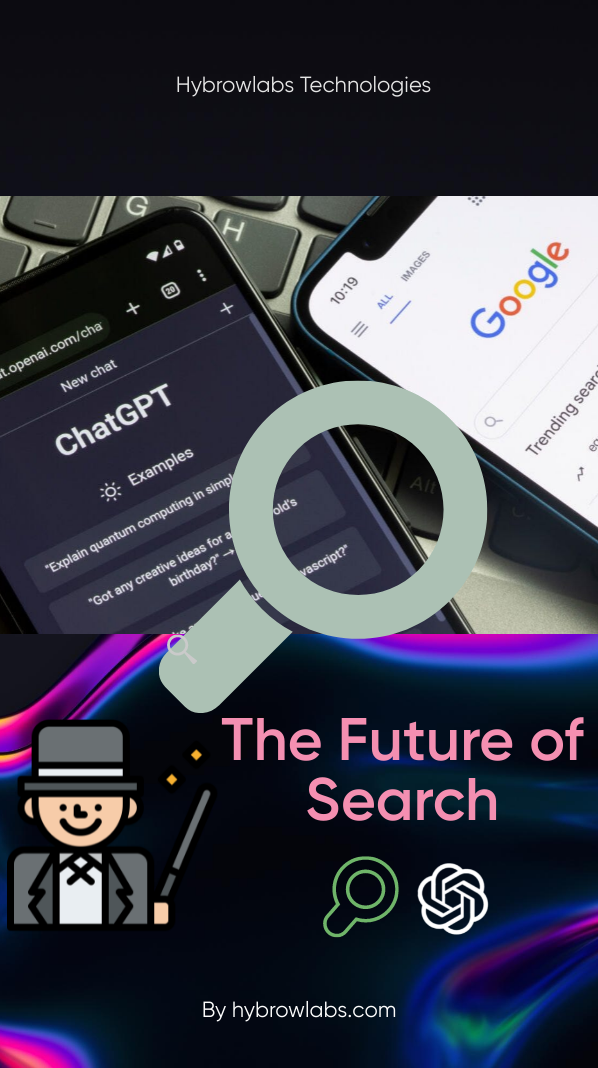
For years, search engines like Bing and Google have served as the primary gateways to information on the internet. However, with the advent of large language models like ChatGPT, we are witnessing a paradigm shift in how we approach search and information retrieval. ChatGPT, with its conversational capabilities, acts not only as an interface to information but also as a repository of knowledge. It can store and recall vast amounts of information, making it a powerful tool for information retrieval.
This shift opens up new possibilities for how we interact with and access information. The potential of ChatGPT and other language models extends beyond traditional search engines. These models have the ability to understand context, engage in nuanced conversations, and provide personalized responses. They can take into account the user's preferences, history, and even emotions, tailoring the information retrieval experience to individual needs.
For instance, Imagine being able to have a dialogue with an AI assistant like ChatGPT, discussing complex ideas, asking questions, and receiving detailed explanations. This interactive approach to information retrieval has the potential to revolutionize the way we learn, explore, and make decisions.
Conclusion
In conclusion, the relationship between humans and information is constantly evolving, thanks to innovative tools like ChatGPT, Bing, and Google. As we step into the future, these collaborations have the potential to reshape how we interact with and retrieve information. By leveraging language models like ChatGPT, search engines can offer more interactive and personalized search experiences. User feedback becomes instrumental in refining search algorithms and ensuring the delivery of accurate and relevant results. The integration of emerging technologies further enhances the search landscape, making it more intuitive and tailored to individual needs. In today's rapidly evolving AI landscape, it's crucial for businesses and individuals to stay informed about the latest advancements and understand their potential impacts. By exploring services like Hybrowlabs Development Services, you can stay updated and make better decisions for the future.
FAQ’s
1. Can ChatGPT understand different languages?
Yes, ChatGPT can understand multiple languages, allowing users to interact with it in their preferred language.
2. How does Bing's search algorithm differ from Google's?
Bing and Google have different algorithms that determine how they rank and display search results, resulting in variations in the order and relevance of the search results they provide.
3. Can personalized search results affect information diversity?
Yes, personalized search results have the potential to limit the diversity of information received as they are tailored to an individual's preferences and may prioritize content similar to what they have interacted with before.
4. Is SEO the only way to improve website visibility in search results?
No, while SEO (Search Engine Optimization) is crucial for improving website visibility, other factors such as quality content, user experience, and online marketing strategies can also contribute to increased visibility in search results.
5. What are the potential ethical concerns of AI in information retrieval?
The ethical concerns of AI in information retrieval include issues of bias, privacy, transparency, and the responsible use of AI technology to ensure fair and unbiased access to information while protecting user privacy and maintaining transparency in the algorithms and processes involved.



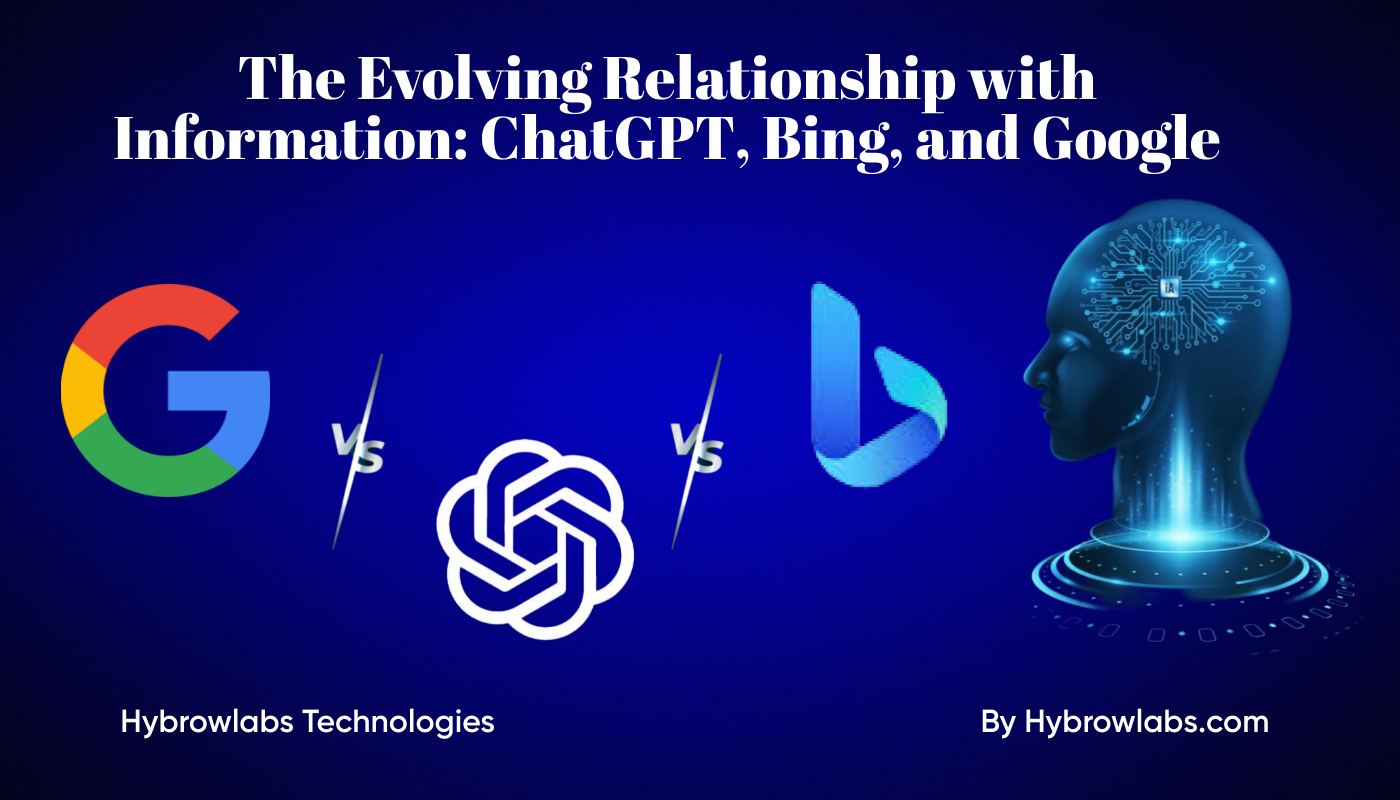


a3dc85.jpg)

.jpg)
fd8f11.png)

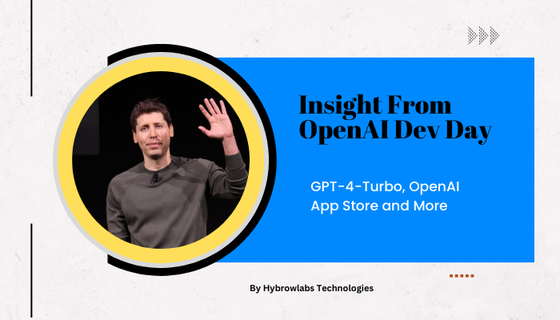
.jpg)
.jpg)